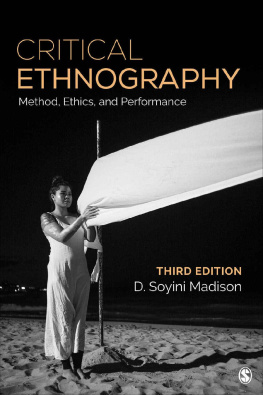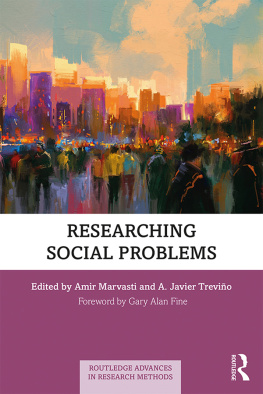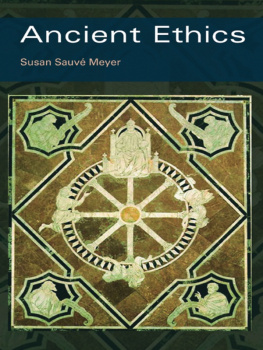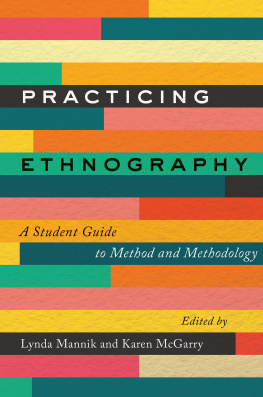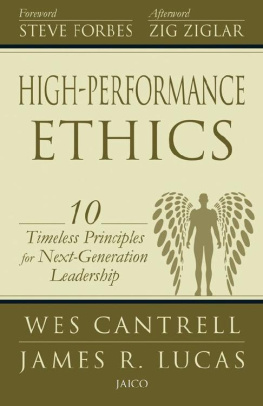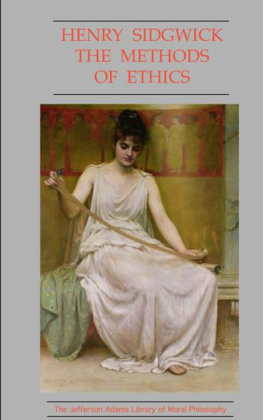Copyright 2020 by SAGE Publications, Inc.
All rights reserved. Except as permitted by U.S. copyright law, no part of this work may be reproduced or distributed in any form or by any means, or stored in a database or retrieval system, without permission in writing from the publisher.
All third party trademarks referenced or depicted herein are included solely for the purpose of illustration and are the property of their respective owners. Reference to these trademarks in no way indicates any relationship with, or endorsement by, the trademark owner.
Printed in the United States of America
Library of Congress Cataloging-in-Publication Data
Names: Madison, D. Soyini, author.
Title: Critical ethnography : method, ethics, and performance / D. Soyini Madison, Northwestern University, USA, University of North Carolina - Chapel Hill, USA.
Description: Third Edition. | Los Angeles : SAGE, [2019] | Includes bibliographical references and index.
Identifiers: LCCN 2018045031 | ISBN 9781483356778 (Paperback : acid-free paper)
Subjects: LCSH: EthnologyMethodology. | EthnologyFieldwork. | Anthropological ethics.
Classification: LCC GN345 .M324 2019 | DDC 305.8001dc23 LC record available at https://lccn.loc.gov/2018045031
This book is printed on acid-free paper.
Acquisitions Editor: Lily Norton
Editorial Assistant: Sarah Wilson
Marketing Manager: Staci Wittek
Production Editor: Jyothi Sriram
Copy Editor: Beth Hammond
Typesetter: C&M Digitals (P) Ltd.
Proofreader: Laura Webb
Indexer: May Hasso
Cover Designer: Candice Harman
Brief Contents
Detailed Contents
Pages
Preface
This book is an essential guide to theories and methods of critical ethnography where the primary interests are restorative justice, critical analysis, performance, and the ethical demands of fieldwork methods. My purpose for writing this book is twofold: first, to demonstrate the interdependent relationship between theory and method and how, together, they both become more meaningful, compelling, and useful as theory and method interact through fieldwork, and second, to demonstrate how the added dynamics of performance theories and methods serve to illuminate and generate the enlivening possibilities for a critical and ethical ethnography. Over these many years of both teaching and doing fieldwork, near and far, the greatest challenge has been to locate guiding examples that outline the nuts and bolts of key methodological challenges while simultaneously illustrating how theory can be productively applied in the field and in the report.
This book is geared toward upper level undergraduates and graduate students as well as social workers, artist practitioners, journalists, community organizers, and those who are experienced in fieldwork or qualitative methods. The book is fundamentally multidisciplinary, and I hope it will be useful to fieldworkers across the sciences and humanities. I also hope that students taking courses in ethnography, qualitative research methods, critical/cultural research methods, or advanced research methods will find it valuable.
The major features of the book include the following:
- Cutting-edge approach and perspective: It is the first book to explore and focus on the intersections between theory, fieldwork methods, performance, critical practice, and social justice.
- Global examples and material: Theories, methods, and examples are drawn from scholarship and experiences that extend beyond the West to include the global South and postcolonial thinkers and practitioners.
- Effective pedagogy: Examples of ethnographic projects and case studies are provided to illustrate more abstract or complex discussions and concepts.
The pedagogical features include Warm-Ups at the end of each chapter to give readers the opportunity to absorb the ideas in each chapter and to put them into action through practical exercises. Each chapter contains boxes of extended examples and explication to further explore and provide alternative views to key concepts. Readers will also follow the stories of three ethnographers and the challenges they confront during significant developmental stages in their fieldwork that serve to guide readers in how to integrate theoretical concepts with their interpretations and data analysis.

